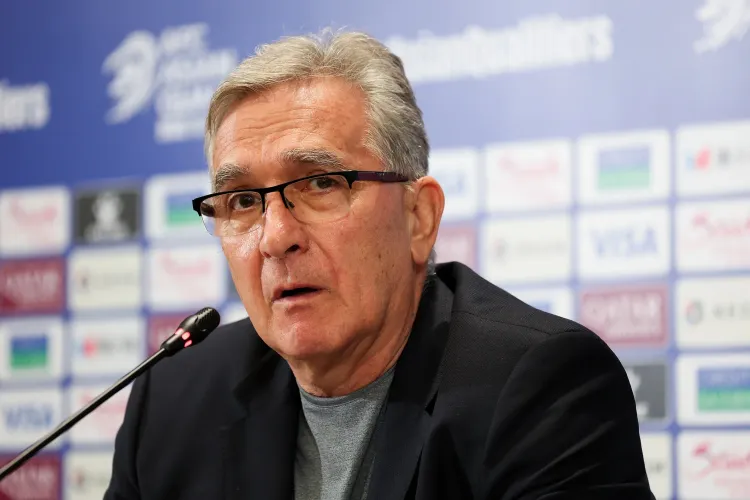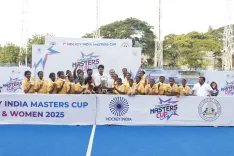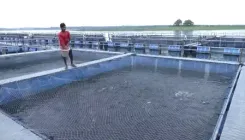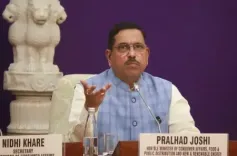Why Did China Dismiss Coach Branko Ivankovic After World Cup Qualifying Setback?

Synopsis
Key Takeaways
- Branko Ivankovic has been dismissed as head coach of the Chinese national team.
- Dejan Djurdjevic appointed as caretaker manager.
- China finished fifth in Group C of the Asian Qualifiers.
- The 2026 FIFA World Cup will feature 48 teams.
- China continues to strive for success in international football.
Beijing (China), June 27 (NationPress) - The Chinese Football Association (CFA) revealed on Friday the termination of national team head coach Branko Ivankovic following China's inability to qualify for the 2026 FIFA World Cup. The CFA's official statement confirmed that the contract with Ivankovic was automatically ended after China could not progress to the playoff stage of the World Cup Asian qualifiers.
In their statement, the CFA expressed gratitude to Branko Ivankovic and his coaching team for their commitment during their time with the men's national team, wishing Ivankovic success in his future endeavors.
In addition, the CFA appointed Dejan Djurdjevic as the caretaker manager for the men's national team. The Serbian coach will oversee China's participation in the East Asian Football Federation (EAFF) E-1 Football Championship, according to reports from Xinhua.
Earlier this year, Djurdjevic led China’s U-20 national team to the quarterfinals of the AFC U-20 Asian Cup.
China reached the third round of the Asian Qualifying Tournament but ultimately fell short, finishing fifth in Group C. They concluded their campaign with a 1-0 victory over Bahrain on June 10, ending with three wins and seven losses in ten matches.
Despite being a dominant force in various sports, China has long aspired to reach the FIFA World Cup, dedicating significant resources to the qualifying process, yet they have struggled to overcome the final barriers.
From Asia, Japan, Iran, South Korea, Jordan, Uzbekistan, and Australia have secured their spots in the expanded 2026 FIFA World Cup, which will take place in the United States, Canada, and Mexico—all of whom qualified directly as hosts. In total, 45 teams will join the three hosts in the 48-team Finals, scheduled from June 11 to July 19, with matches held across 16 venues in these countries.







